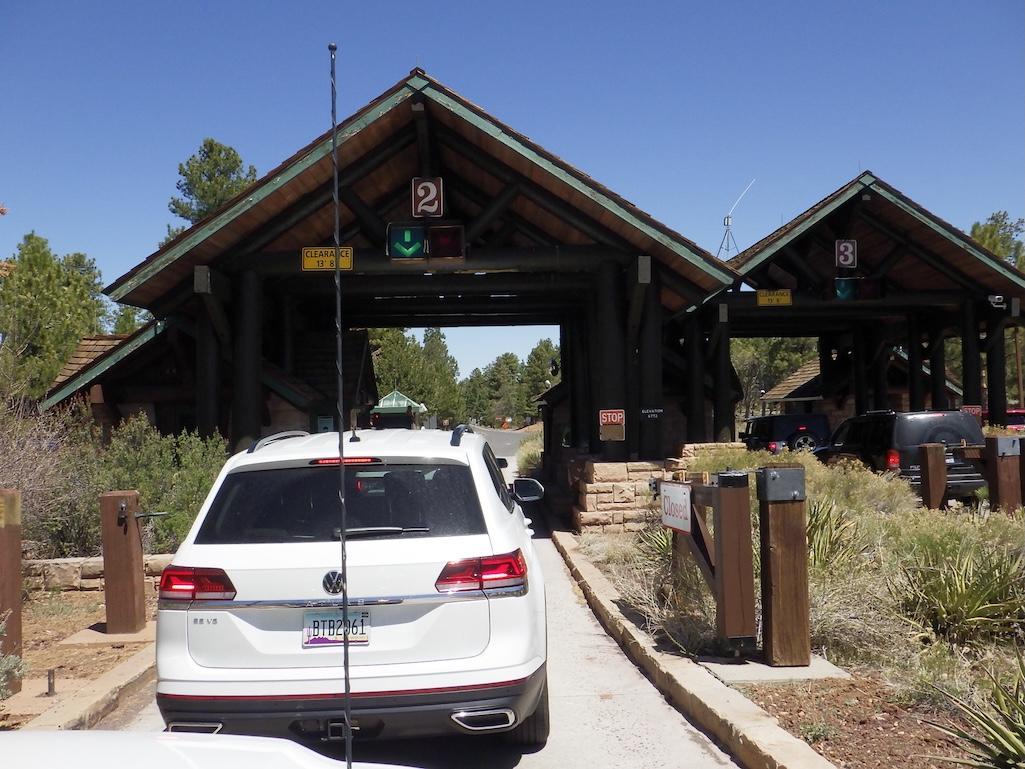
A lawsuit challenging the National Park Service's cashless policy at park sites has been revived/Kurt Repanshek file
Efforts to end the National Park Service's growing policy not to accept cash at sites in the National Park System have been revived with an amended complaint filed in federal court in Washington.
The original lawsuit in the matter was dismissed late last month when U.S. District Judge Timothy J. Kelly ruled that most of the plaintiffs lacked standing to bring the lawsuit, mainly because they were never actually denied entry to a national park, and because they couldn't make a plausible argument that a park requiring payment via a credit card in the future would cause them irrevocable harm.
The amended complaint (attached below) expands on the constitutional and statutory issues that the Park Service allegedly violates with the cashless policy. It also maintains that one of the original plaintiffs, Toby Stover, who remains the only plaintiff, is harmed every time she tries to visit the Home of Franklin D. Roosevelt, a national historic site, at Hyde Park, New York, because it won't accept cash for the $15 entrance fee, a point noted on the park's website.
"Like many national parks under control of the National Park Service, the Home Of Franklin D. Roosevelt continues to boldly announce that cash is not accepted. Plaintiff’s exercise of her right to tender to her government its own currency, and defendants’ immediate rejection of that offer is nothing short of defiance of the law. The U.S. Constitution gives Congress, not the banks, and most certainly not defendants, the authority to determine what is lawful money," the amended lawsuit, filed Tuesday, states.
"Electronic payments through an intermediary must not be permitted to supplant the power of the U.S. Dollar – particularly when tendered to the very government itself. Defendants would rather genuflect to an expensive banking system that charges both parties a premium for electronic payment processing, than obey the law and accept the U.S. Dollar at par value," it adds.
The updated filing points out that the general counsel for the Internal Revenue Service advised the agency that it must "accept cash for payment citing the very law defendants continue to violate. Plaintiff simply asks this court to uphold it and re-establish plaintiff's right to tender government currency at Hyde Park or any other national park."
It also notes that under the U.S. Constitution the Congress, not the Park Service, has the authority to define legal tender. Under that authority, Congress created the Legal Tender Statute that "allows the use of Federal Reserve Notes as legal tender for all private charges and public fees, including the entrance fee at NPS locations (including Hyde Park) that don’t accept cash."

 Support Essential Coverage of Essential Places
Support Essential Coverage of Essential Places






